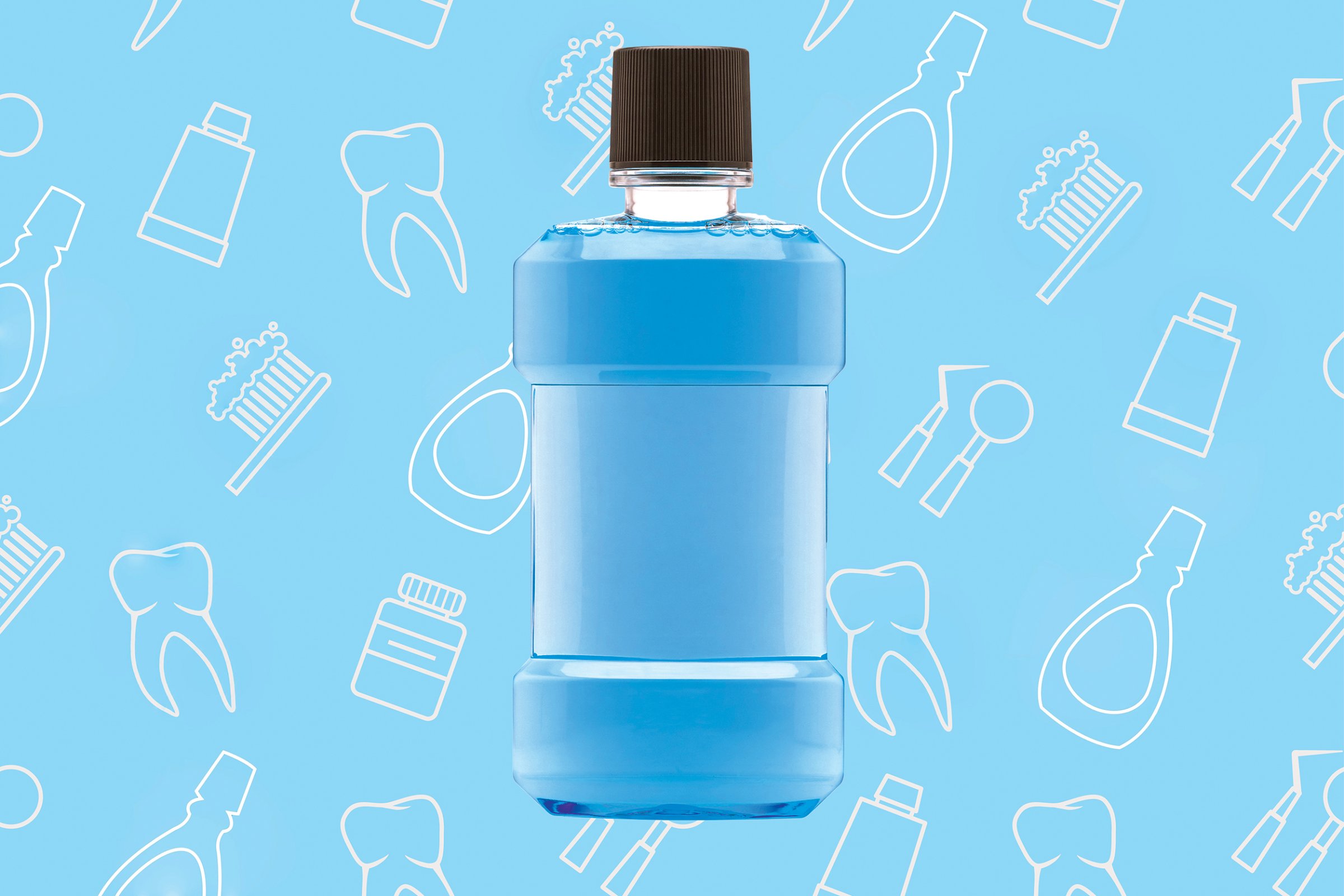
It just feels good to cap your mouth-cleaning routine with a vigorous swish of mouthwash.
“A lot of people really enjoy the sensation of rinsing after they’re brushed,” says Matt Messina, a member of the American College of Dentists and a spokesperson for the American Dental Association. “They feel like the mouthwash is clearing away all that loose debris.”
And those people are right. Messina says mouthwash can help you spit out loosened plaque and other bits of detritus hiding in the cracks and crevices of your mouth. But so can water, he adds.
“I like to say mouthwash is an addition to proper oral hygiene, not a substitute,” he says. It’s not going to take the place of your morning brush or twice-yearly dentist visit, but it may help freshen your breath, and in most cases it’s not harmful, he says.
That last point may raise eyebrows among those who spotted the recent headlines connecting mouthwash to some forms of cancer and heart disease.
One recent UK study in the journal Free Radical Biology and Medicine found some mouthwashes could raise your blood pressure by wiping out a kind of helpful mouth bacteria. This bacteria helps your body generate nitric oxide, “which is known to play a critical role in protecting our cardiovascular system, including keeping blood pressure down,” says Dr. Amrita Ahluwalia, a professor of vascular pharmacology at Queen Mary University of London.
MORE: You Asked: Do I Really Need To Floss?
But Ahluwalia says her study focused on mouthwashes containing a strong antibacterial agent called chlorhexidine, which is usually only available by prescription in the United States. Also, hers was a very small study—just 19 people—and requires more research to support its findings.
Since the 1990s, some studies have suggested rinses that contain alcohol could contribute to the development of oral cancers. A 2014 study from Europe reinvigorated the debate. But experts say those studies are not only flawed, but also focus on excessive mouthwash use—three bouts of swishing a day or more.
Even if you’re a zealous mouth-rinser, several review studies that dug into the possible associations between alcohol rinses and cancer have failed to find links.
However, mouthwashes with alcohol can dry out your mouth, Messina adds, so choose an alcohol-free version if dry mouth is an issue.
When it comes to antiseptic or antibacterial mouth rinses, he says, the picture is more complicated. “If you have periodontal disease or some harmful types of mouth bacteria, an antibacterial rinse could help kill the bacteria that cause the disease,” he says, but you need to speak with your dentist about the benefits and potential risks.
But for those with healthy teeth and mouths, a mild mouthwash that doesn’t contain alcohol or strong antibacterial agents is probably your best choice.
“Some rinses promote the idea that tingling or discomfort are signs the rinse is working, but that’s really just marketing,” Messina adds. You don’t need to feel a burn when you rinse for the stuff to do its job.
And in the end, its job is mostly about making your mouth “feel” fresh. “You don’t need mouthwash, but if you enjoy it, or you have bad breath and feel it helps, then there’s no substantiated risks to rinsing once or twice a day,” he says.
More Must-Reads from TIME
- Cybersecurity Experts Are Sounding the Alarm on DOGE
- Meet the 2025 Women of the Year
- The Harsh Truth About Disability Inclusion
- Why Do More Young Adults Have Cancer?
- Colman Domingo Leads With Radical Love
- How to Get Better at Doing Things Alone
- Michelle Zauner Stares Down the Darkness
Contact us at letters@time.com